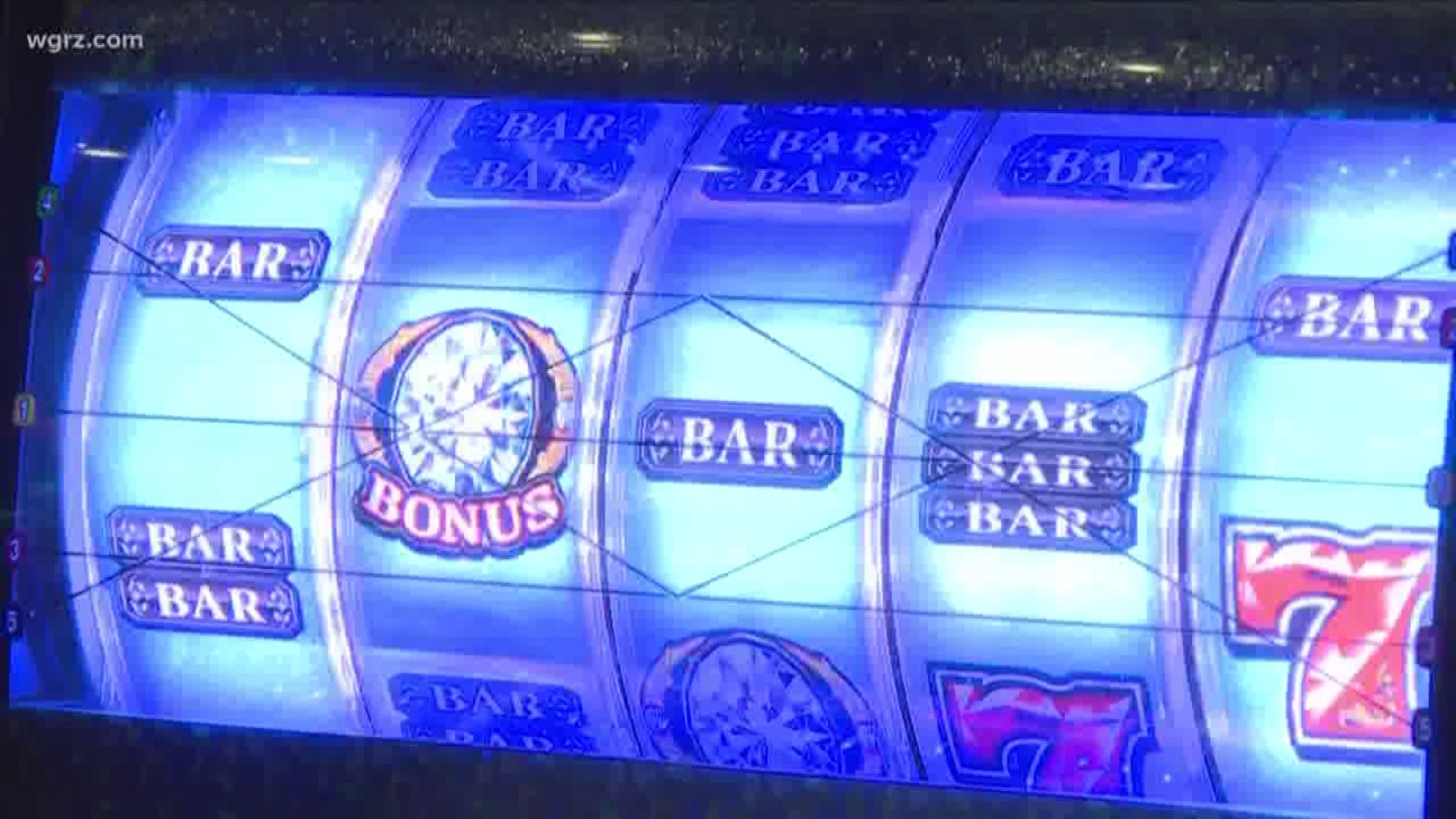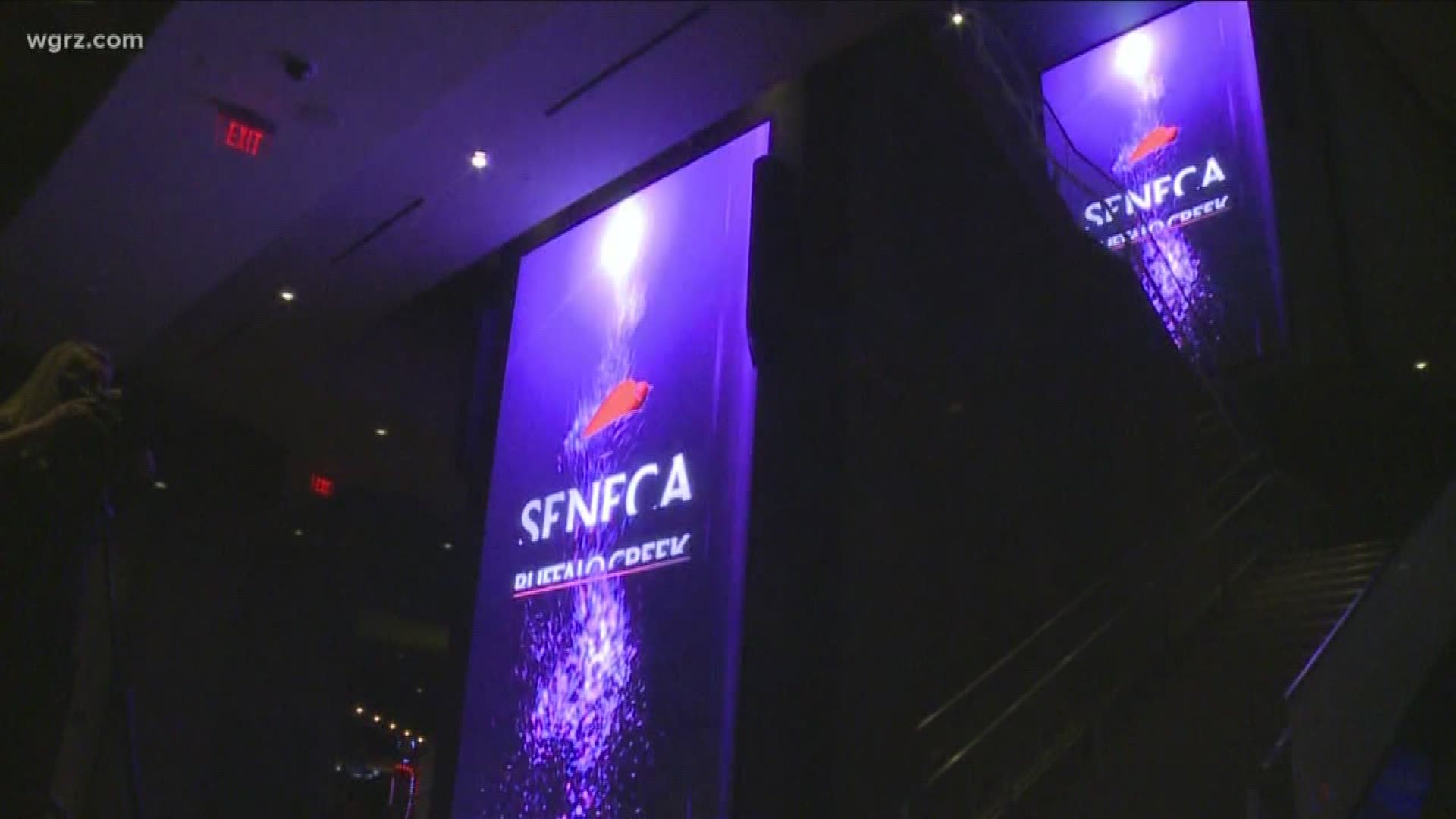The Seneca Nation issued a statement Tuesday in response to an arbitration panel ruling that found the Seneca Nation's slot revenue sharing payment obligation with New York State continues beyond year 14 of the gaming compact.
You can read their statement here:
“Despite the panel finding that the Compact, as written, simply does not address the topic of revenue share beyond Year 14, a majority of the panel members determined that an obligation exists to continue revenue share payments to the State,” said Seneca Nation President Rickey Armstrong, Sr.
“The Panel’s new provision rewrites the Compact in a way that harms the Nation and provides an unjustified windfall to the State,” according to dissenting Arbitration Panel member Kevin Washburn.
“We continue to believe, as anyone who has read the Compact, that the Nation’s Compact payment obligation was fulfilled, and we believe we had an obligation to the Seneca people to defend the Compact as it was written and agreed upon,” President Armstrong continued. “It is the Seneca people who voted to permit our Nation to negotiate our Compact and, like all government leaders, we must act every day in the people’s best interest. We created our gaming enterprise so that we could invest in the services that our people need, want and deserve. To that end, our casino operations have been transformational in helping the Seneca Nation serve our residents, from our youngest generations to our elders. None of that changes with this arbitration opinion.”
“While we know we are right on the law, we also knew that making that argument to an arbitration panel gave no assurance of an opinion in our favor. As is often the case, the Courts, and apparently arbitration panels, do not always decide cases on the law, even their law,” President Armstrong added. “We have prepared for this circumstance, and, now that the panel has issued its opinion, we will take the appropriate time to review and respond to the opinion, and move forward.”
In 2017, the Senecas made what they said was their final payment required by the agreement which gave the nation exclusive gaming rights over a large swath of western and central New York. The Senecas have claimed that when the compact was extended in December of 2016, payments to the state were not also extended.
Under the agreement, the state received a percent of slot-machine revenues.
The total revenue going to the state was $1.4-million. A percentage of that was shared with local host communities where the Senecas' three casino's are located.
State paperwork repeats what Governor Cuomo has said publicly, that the Senecas violated the compact when it stopped making payments.
2 On Your Side is following this story and will have the full story on Channel 2 News First at 5pm.


